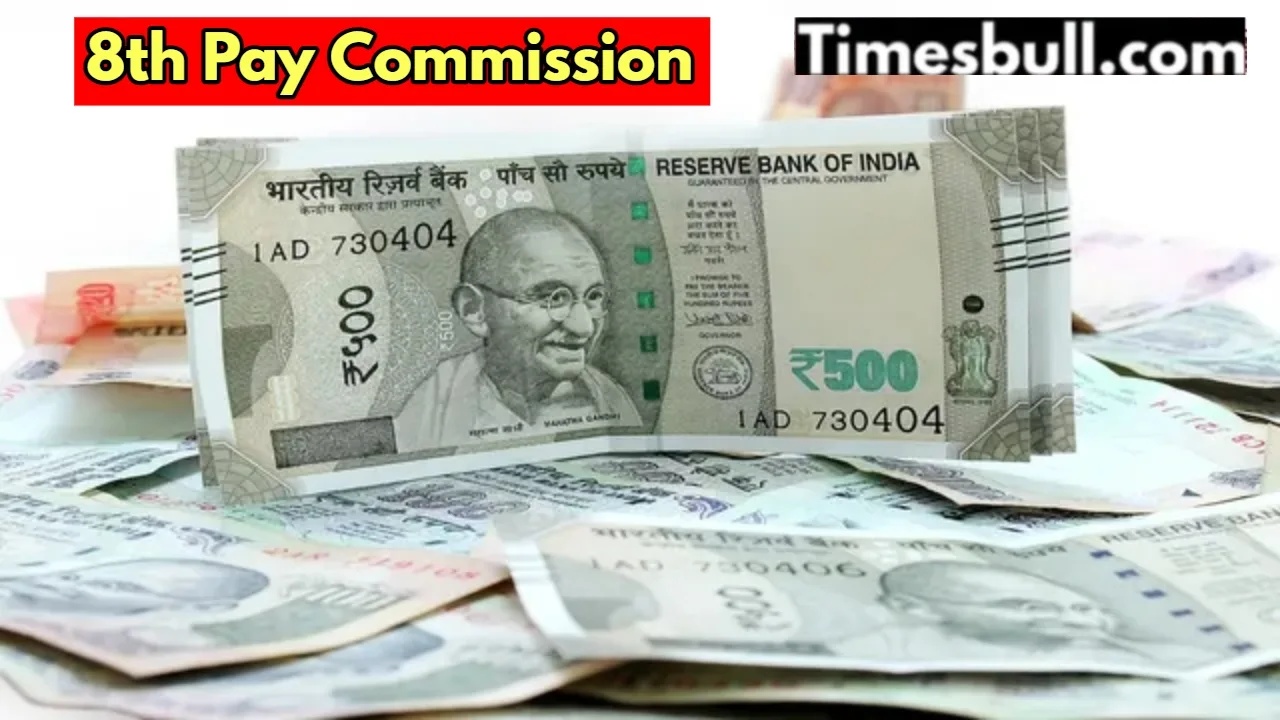
Central Government Employees Await 8th Pay Commission Updates Amid Ongoing Delays
The prolonged delay in announcing the 8th Central Pay Commission has intensified anxieties among thousands of central government employees and pensioners. Nearly seven months have passed since the government pledged to form the commission, yet no official notification has been released. This stagnation has raised critical questions about the timeline for resolving salary disputes and implementing structural reforms. The lack of clarity has left employees in a state of uncertainty, with many fearing that the promised January 2026 deadline for implementing the new pay structure may slip further. The Department of Personnel and Training (DoPT) has faced mounting pressure to address these concerns while managing the administrative complexities of the commission’s formation.
Extended Deadlines for Under Secretary Posts Signal Administrative Hurdles
A key component of the commission’s setup involves filling four Under Secretary (Level-11) posts under the Department of Expenditure. The DoPT initially set the application deadline for these roles on May 21, 2025, but has since extended it three times, pushing it to July 31. This repeated extension suggests a struggle to find qualified candidates, raising doubts about the commission’s operational readiness. The process, which began in April 2025, requires officers from All India Services or Group ‘A’ Central Government services to apply. The extended timeline has sparked debates about whether the delay reflects systemic inefficiencies or broader administrative challenges in staffing critical roles.
Timeline Comparisons Highlight Concerns About Governance Efficiency
Comparisons with the 7th Pay Commission’s timeline underscore growing frustrations. The 7th Commission’s Terms of Reference were published just 156 days after its announcement in September 2013, whereas the 8th Commission has yet to release its Terms of Reference despite being announced in January 2025. This discrepancy has fueled speculation about bureaucratic inertia. Officials argue that the complexity of the commission’s mandate, which includes revising pay scales and allowances for over 60 lakh employees, may explain the delays. However, critics warn that prolonged uncertainty risks eroding public trust and disrupting the financial planning of employees reliant on timely salary adjustments.
Employee Advocacy and Calls for Transparent Communication
Senior officials and employee representatives have increasingly pushed for transparent communication from the government. NC-JCM Secretary Shiv Gopal Mishra’s recent letter to the Cabinet Secretary highlights the need for clarity on the commission’s progress. The letter emphasized that employees have submitted suggestions but received no timely responses, exacerbating confusion. This lack of communication has led to calls for accountability, with some demanding a formal timeline for the commission’s formation. The government’s earlier promise to announce the chairman and members by January 2025 has not materialized, further intensifying demands for action.
Broader Implications for Public Sector Governance
The 8th Pay Commission’s delayed formation has become a microcosm of broader challenges in public sector governance. The extended deadlines for staffing critical roles and the lack of progress on Terms of Reference suggest systemic issues in bureaucratic efficiency. While the government attributes delays to the complexity of the mandate, stakeholders argue that the prolonged process risks undermining the credibility of the pay review mechanism. As the January 2026 deadline looms, the situation underscores the need for urgent administrative reforms to ensure timely resolution of employee grievances and maintain institutional trust.




